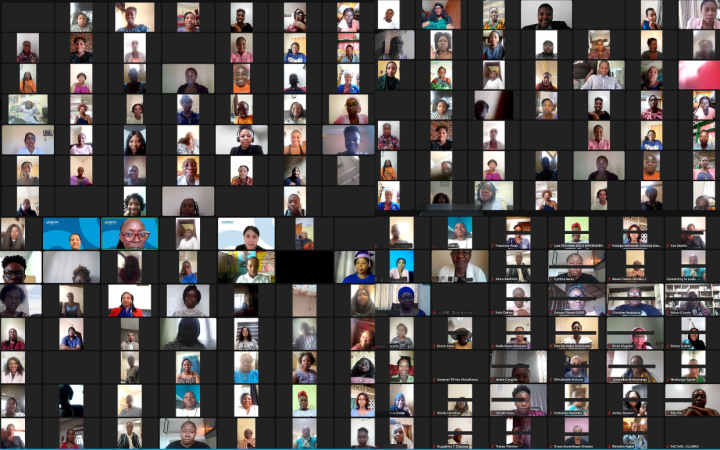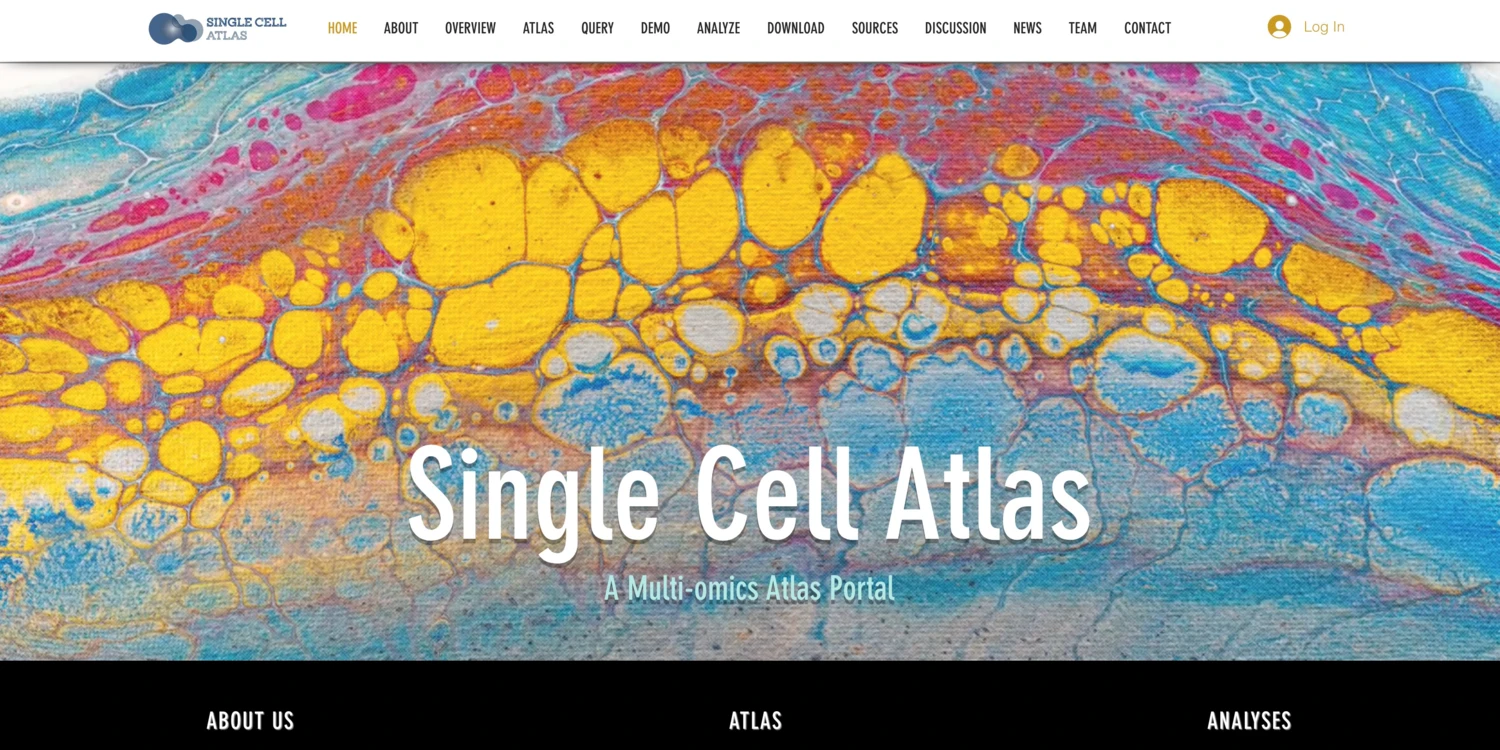A world-first educational tool to help students grow their digital literacy skills and bridge the digital divide in regions with low levels of digital inclusion is being launched.
National children’s not-for-profit organisation, the Alannah & Madeline Foundation, has partnered with two global leaders in digital intelligence and technology to launch its eSmart Digital Licence+, which is now being rolled out across Australia and New Zealand, and the Philippines later this year.
With Singapore-based think tank, Digital Intelligence (DQ) Institute and its social enterprise, DQ Lab, as well as support from global technology leader, Accenture Australia, the Foundation has launched this high quality educational and teaching program across the country.
Aligned to digital literacy general capabilities of the Australian curriculum and designed to support different learning levels to assist teacher and educators, Digital Licence+ offers an interactive eLearning experience with gamified elements, where students are immersed in a story world, completing milestones and earning the badges they need to receive their digital licence.
The partnership with global technology leader Accenture Australia aims to address the digital divide in regions with low levels of digital inclusion.
The Foundation’s CEO, Sarah Davies said that ensuring the online safety of all young Australians is essential to their development. “It is critical that we build digital intelligence in children and young people in schools and families,” Ms Davies said.
“Digital technologies bring many positive opportunities to children. But those who can’t access high quality digital resources or information about how to use them safely may be excluded from basic educational and career opportunities and are also at risk of exploitation.
“We want every Australian school student to have access to our comprehensive suite of Australian curriculum-aligned and evidence-informed eLearning programs, so they are empowered with the skills to use technology effectively and safely, today and in the future.”
Ms Davies said the Foundation has drawn on its deep understanding of schools across Australia to include those which experience digital disadvantage despite being in regions which are statistically characterised as relatively advantaged.
Years 7 and 8 students at Mitchell High School, in Blacktown, NSW, have been using the Digital Licence+ since the beginning of the year. The school’s access is supported by Accenture Australia.
Deputy Principal Lee-Anne Pares said schools everywhere continue to face challenges with students engaging in inappropriate use of technology and social media platforms.
“As students enter high school in a world of new people, they can often get caught up in a range of issues, including cyber bullying. We have used the Digital Licence+ as part of our overall wellbeing programs during set assembly periods to engage students with content related to being a more digitally aware and conscious student.”
The new Federal Government will invest $6 million over three years to complete development of a Junior Digital Licence+, and to fund the rollout of the program.
Minister for Communications, Michelle Rowland said parents should not become complacent about the potential dangers of the internet.
“Whether it’s to confront cyberbullying or disinformation, we need to provide our children with the best tools available. Australian kids deserve no less,” Ms Rowland said.
Peter Burns, Accenture CEO for Australia and New Zealand, said the partnership aligns with Accenture’s New Skills Now strategy, which focuses on reducing technological disadvantage and ensuring the Next Generation (Next Gen) is equipped with the skills necessary for an increasingly digital economy.
“Accenture is honoured to work with the Alannah & Madeline Foundation. With the right interventions we can empower young people to excel in digital, opening doors to a better future.”
“Accenture’s purpose is to deliver on the promise of technology and human ingenuity. Unfortunately, too many young people are held back from realising their full potential because of a lack of access to digital skills, something critical to securing a first job and navigating to the next opportunity,” Mr Burns said.
DQ Institute’s Founder, Dr Yuhyun Park said she was pleased to partner with the Alannah & Madeline Foundation and Accenture on this important project.
“DQ (digital intelligence) framework (IEEE 3527.1) is the world’s first global standards for digital literacy, digital skills, and digital readiness,” Dr Park said. “This partnership enables us to support the building of digital intelligence globally, with application of our DQ Global Standards.”
F








